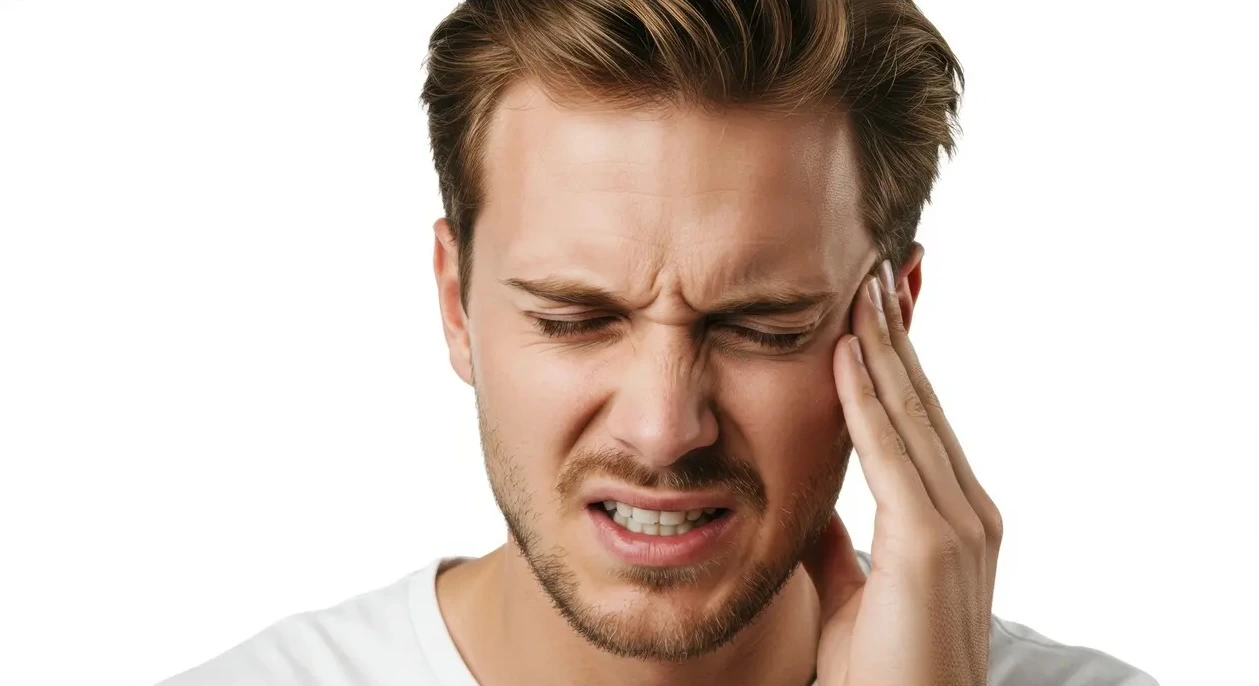


Headaches are one of the most common health complaints worldwide, and their causes range from stress and dehydration to poor posture. But did you know that your mouth can also be a hidden source of headaches? In particular, wisdom teeth—those third molars that usually appear in your late teens or early twenties—are notorious for creating problems that extend far beyond your gums.
At the same time, one of the simplest yet most overlooked ways to care for your oral health is through gum massage. This practice not only supports healthier gums but can also ease tension, improve circulation, and even reduce headache triggers.
In this article, we’ll explore the connection between wisdom teeth and headaches, explain the signs that your wisdom teeth may be the cause, and share the amazing benefits of gum massage—including a step-by-step guide on how to do it at home.

Wisdom teeth are the last set of molars to develop. Because the jaw often doesn’t have enough space to accommodate them, these teeth may erupt at odd angles, push against neighboring teeth, or remain partially trapped beneath the gums. This situation is known as impaction, and it can lead to a wide range of painful symptoms—including headaches.
Here’s how:
When wisdom teeth don’t have enough room to grow, they push against surrounding teeth and nerves. This constant pressure doesn’t just stay in your jaw—it radiates upward, leading to jaw pain, facial soreness, and headaches that feel surprisingly similar to tension headaches or even migraines.

Partially erupted wisdom teeth can trap bacteria and food particles. Over time, this creates a breeding ground for infection and gum inflammation. The body’s inflammatory response can send pain signals throughout the face and head, causing throbbing, persistent headaches.
Your temporomandibular joint (TMJ) connects your jaw to your skull. When wisdom teeth crowd your bite, they can throw off your jaw’s alignment, forcing the TMJ to work harder. The result? Jaw stiffness, clicking sounds, and headaches that worsen when you chew or talk for long periods.
Not every headache is related to dental issues, but if you’re experiencing any of the following, your wisdom teeth could be the underlying cause:
👉 If these symptoms sound familiar, it may be time to book an appointment with your dentist.
It’s easy to confuse wisdom tooth headaches with common tension headaches. Here’s how you can tell the difference:
While wisdom teeth can create pain, there are natural ways to support your oral health and ease tension. One of the simplest methods is gum massage. Though it might sound unusual, this technique has been used for centuries in traditional oral care.
Here are the science-backed benefits:
Just like a body massage boosts circulation, gum massage stimulates blood flow in the gums. This ensures oxygen and nutrients are delivered where they’re needed, supporting healthier gum tissue.
Massaging the gums gently can help ease swelling and tenderness, especially if you struggle with gingivitis or sensitivity around your wisdom teeth.
The jaw muscles are often tight in people who clench or grind their teeth. Gum massage indirectly relaxes these muscles, helping reduce tension headaches.
By loosening trapped food particles and stimulating saliva production, gum massage plays a role in keeping your mouth fresh and clean.
Like any massage, gum massage triggers relaxation responses in the body. Less stress = fewer tension-related headaches.
.webp)
Performing a gum massage is simple and doesn’t require any special tools. Here’s how:
Optional: You can enhance the massage with a drop of clove oil or aloe vera gel for additional soothing effects.
If your headaches are linked to wisdom teeth, at-home care like gum massage may ease symptoms temporarily, but it won’t solve the root problem. Depending on your situation, your dentist may recommend:
Headaches are frustrating, but the cause isn’t always in your head—sometimes, it’s in your mouth. Wisdom teeth can create pressure, inflammation, and jaw tension that trigger recurring headaches or even migraines.
On the flip side, small steps like incorporating gum massage into your daily routine can improve gum health, relieve tension, and support overall oral wellness.
👉 If you’ve been struggling with unexplained headaches and suspect your wisdom teeth, don’t ignore the symptoms. Schedule a consultation with your dentist to uncover the cause and find lasting relief.